Welcome to this insightful and empowering post! Today, we are going to explore the incredible journey of recovery, specifically focusing on the 12-step program. This transformative process has positively impacted countless lives, providing individuals with guidance, support, and tools to overcome addiction and achieve lasting sobriety.
Step 1: We Admit We Are Powerless Over Our Addiction
 The first step is the foundation of the 12-step program. It encourages individuals to acknowledge their powerlessness over addiction. This realization allows for acceptance and creates space for true healing to begin. Embracing vulnerability and seeking help are essential components of this crucial step.
The first step is the foundation of the 12-step program. It encourages individuals to acknowledge their powerlessness over addiction. This realization allows for acceptance and creates space for true healing to begin. Embracing vulnerability and seeking help are essential components of this crucial step.
Step 2: We Came to Believe That a Power Greater Than Ourselves Could Restore Us to Sanity
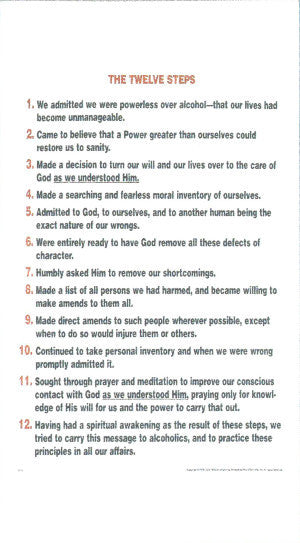 This step encourages individuals to explore their spirituality and embrace the idea of a higher power. Whether it is through faith, nature, or belief in a universal energy, recognizing that we are not alone in our journey fosters hope and facilitates recovery.
This step encourages individuals to explore their spirituality and embrace the idea of a higher power. Whether it is through faith, nature, or belief in a universal energy, recognizing that we are not alone in our journey fosters hope and facilitates recovery.
Step 3: We Made a Decision to Turn Our Will and Our Lives Over to the Care of God
 In step 3, individuals make a decision to surrender their will to a higher power. By letting go of control, we develop trust and open ourselves to divine guidance. This step fosters a sense of humility and aids in the healing process as we begin to release the burdens of addiction.
In step 3, individuals make a decision to surrender their will to a higher power. By letting go of control, we develop trust and open ourselves to divine guidance. This step fosters a sense of humility and aids in the healing process as we begin to release the burdens of addiction.
Step 4: We Made a Searching and Fearless Moral Inventory of Ourselves
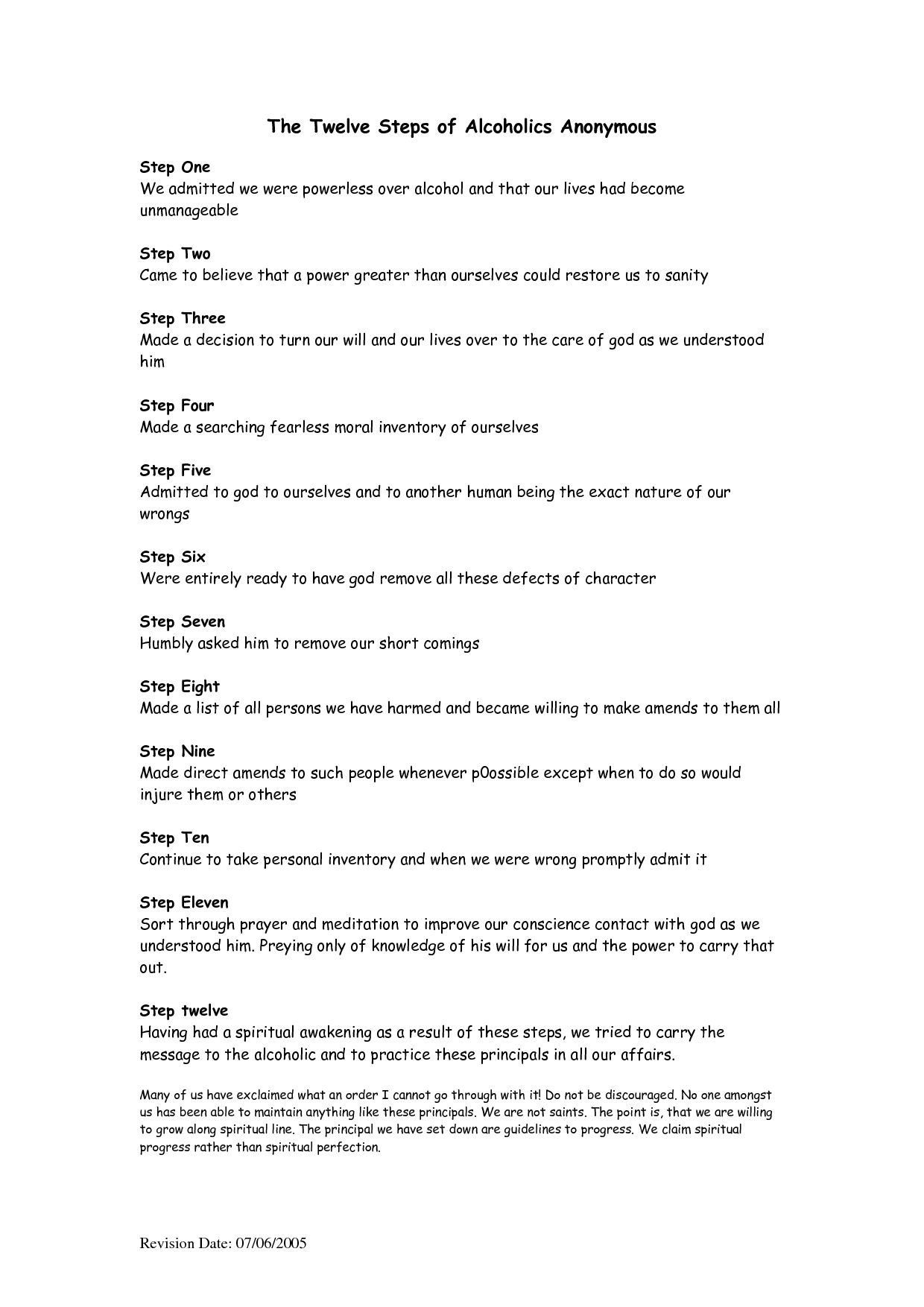 Self-reflection is at the core of step 4. By taking a fearless inventory of our character, strengths, weaknesses, and past actions, we gain a deeper understanding of ourselves. This pivotal step helps us identify patterns, make amends, and grow emotionally and spiritually.
Self-reflection is at the core of step 4. By taking a fearless inventory of our character, strengths, weaknesses, and past actions, we gain a deeper understanding of ourselves. This pivotal step helps us identify patterns, make amends, and grow emotionally and spiritually.
Step 5: We Admitted to God, to Ourselves, and to Another Human Being the Exact Nature of Our Wrongs
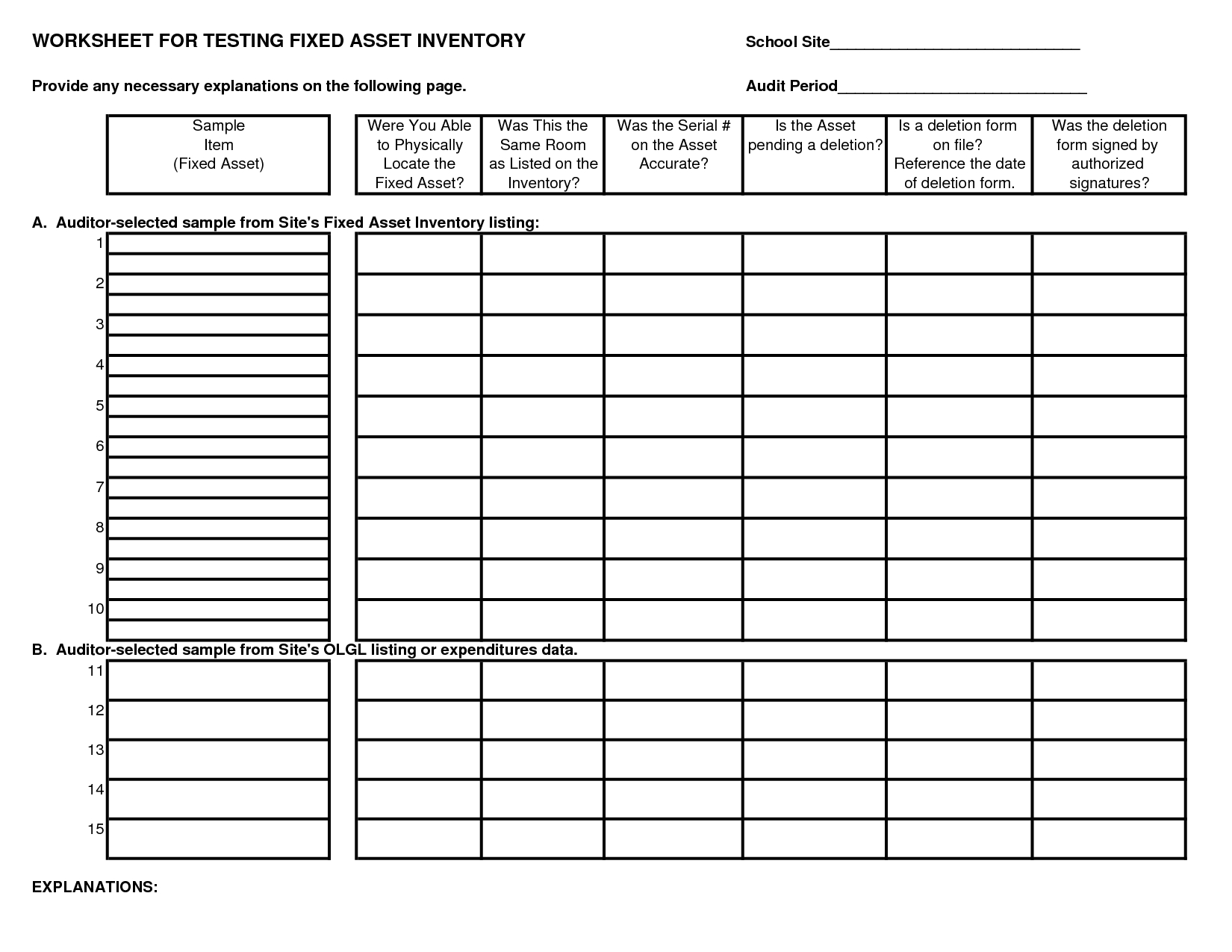 The vulnerability of step 5 encourages individuals to share their past wrongs with a trusted individual. By doing so, we release the weight of guilt and shame, and begin to heal from the inside out. This step reinforces the importance of accountability and helps build stronger relationships based on honesty and authenticity.
The vulnerability of step 5 encourages individuals to share their past wrongs with a trusted individual. By doing so, we release the weight of guilt and shame, and begin to heal from the inside out. This step reinforces the importance of accountability and helps build stronger relationships based on honesty and authenticity.
Step 6: We Were Entirely Ready to Have God Remove All These Defects of Character
 Step 6 calls for a complete willingness to let go of our character defects. Through self-reflection and surrender, we allow our higher power to guide us in becoming the best version of ourselves. This step requires humility and a genuine desire for personal growth.
Step 6 calls for a complete willingness to let go of our character defects. Through self-reflection and surrender, we allow our higher power to guide us in becoming the best version of ourselves. This step requires humility and a genuine desire for personal growth.
Step 7: We Humbly Asked Him to Remove Our Shortcomings
 In step 7, we surrender our shortcomings to a higher power and humbly ask for their removal. This profound act of surrender allows us to experience transformation and healing. By making room for positive change, we pave the way for personal growth and a new sense of freedom.
In step 7, we surrender our shortcomings to a higher power and humbly ask for their removal. This profound act of surrender allows us to experience transformation and healing. By making room for positive change, we pave the way for personal growth and a new sense of freedom.
Step 8: We Made a List of All Persons We Had Harmed and Became Willing to Make Amends to Them All
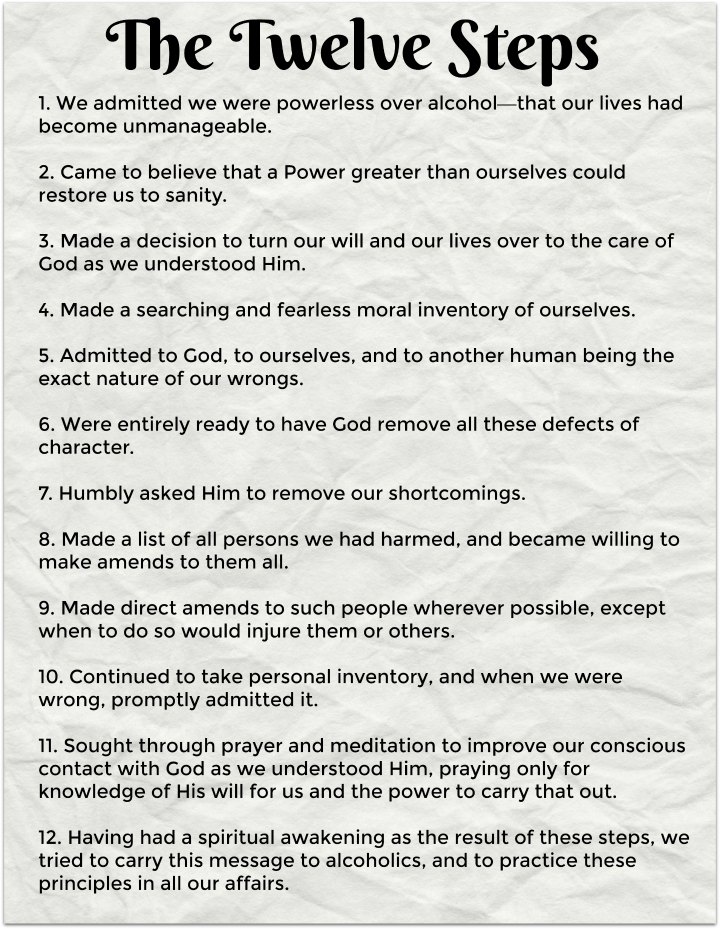 Step 8 encourages individuals to compile a list of people they have harmed throughout their addiction. It requires humility, honesty, and a genuine willingness to make amends. By taking responsibility for our actions, we begin to repair broken relationships and heal the wounds caused by our past behaviors.
Step 8 encourages individuals to compile a list of people they have harmed throughout their addiction. It requires humility, honesty, and a genuine willingness to make amends. By taking responsibility for our actions, we begin to repair broken relationships and heal the wounds caused by our past behaviors.
Step 9: We Made Direct Amends to Such People Whenever Possible, Except When to Do So Would Injure Them or Others
 Step 9 involves making direct amends to those we have harmed, whenever possible. This process requires courage, compassion, and discernment. It is essential to approach amends thoughtfully, ensuring that our actions will not cause further harm or distress to ourselves or others. This step fosters healing, forgiveness, and restoration of relationships.
Step 9 involves making direct amends to those we have harmed, whenever possible. This process requires courage, compassion, and discernment. It is essential to approach amends thoughtfully, ensuring that our actions will not cause further harm or distress to ourselves or others. This step fosters healing, forgiveness, and restoration of relationships.
Step 10: We Continued to Take Personal Inventory and When We Were Wrong, Promptly Admitted It
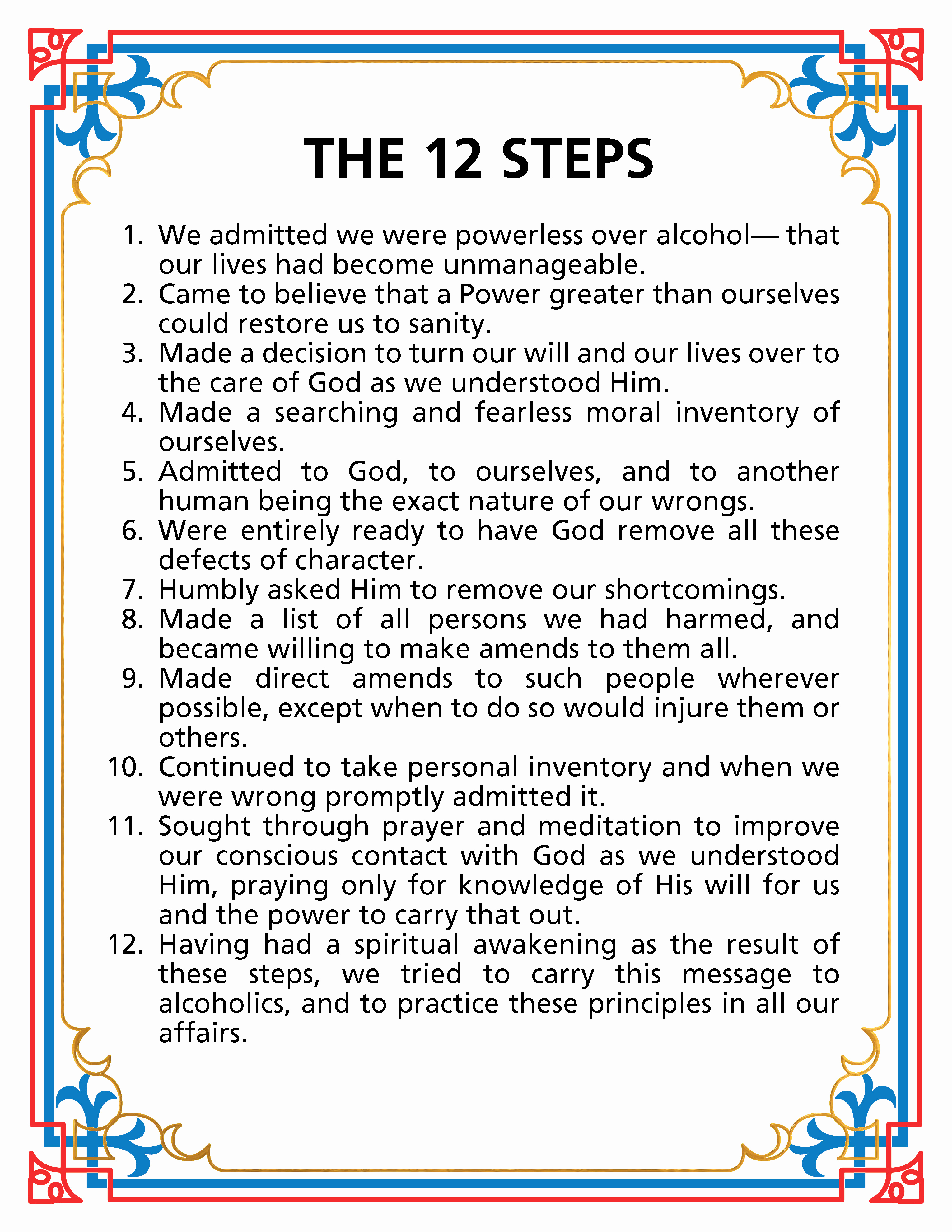 Step 10 emphasizes the importance of ongoing self-reflection and accountability. By promptly admitting our wrongdoings, we cultivate humility and maintain personal growth. This step encourages individuals to take responsibility for their actions, make amends when necessary, and prevent relapse by addressing issues as they arise.
Step 10 emphasizes the importance of ongoing self-reflection and accountability. By promptly admitting our wrongdoings, we cultivate humility and maintain personal growth. This step encourages individuals to take responsibility for their actions, make amends when necessary, and prevent relapse by addressing issues as they arise.
Step 11: We Sought Through Prayer and Meditation to Improve Our Conscious Contact with God, as We Understood Him, Praying Only for Knowledge of His Will for Us and the Power to Carry That Out
Step 11 encourages individuals to deepen their spiritual connection through prayer and meditation. By seeking a higher power and understanding their will, individuals gain strength and guidance to live a purposeful life. This practice allows for personal growth, serenity, and the ability to face challenges with grace and resilience.
Step 12: Having Had a Spiritual Awakening as the Result of These Steps, We Tried to Carry This Message to Alcoholics and to Practice These Principles in All Our Affairs
The final step, step 12, encourages individuals to share their experience, strength, and hope with others. By being of service and living by the spiritual principles learned, we continue to strengthen our own recovery while aiding others on their journey. This step instills a sense of purpose, interconnectedness, and gratitude.
As we conclude this powerful exploration of the 12-step program, remember that recovery is a lifelong journey. Each step offers an opportunity for growth, healing, and transformation. By embracing these principles and seeking support, individuals can transcend addiction, find inner peace, and build a fulfilling life.